With 2024 RNC convention over, Milwaukee weighs benefits of hosting political rivals
Deep-blue Milwaukee's downtown turned red as thousands of Republican National Convention delegates gathered — outside the security zone where the convention was held, residents of Wisconsin's largest Democratic stronghold grumbled, ignored or shrugged their way through the event.
Associated Press
July 21, 2024 • Southeast Region
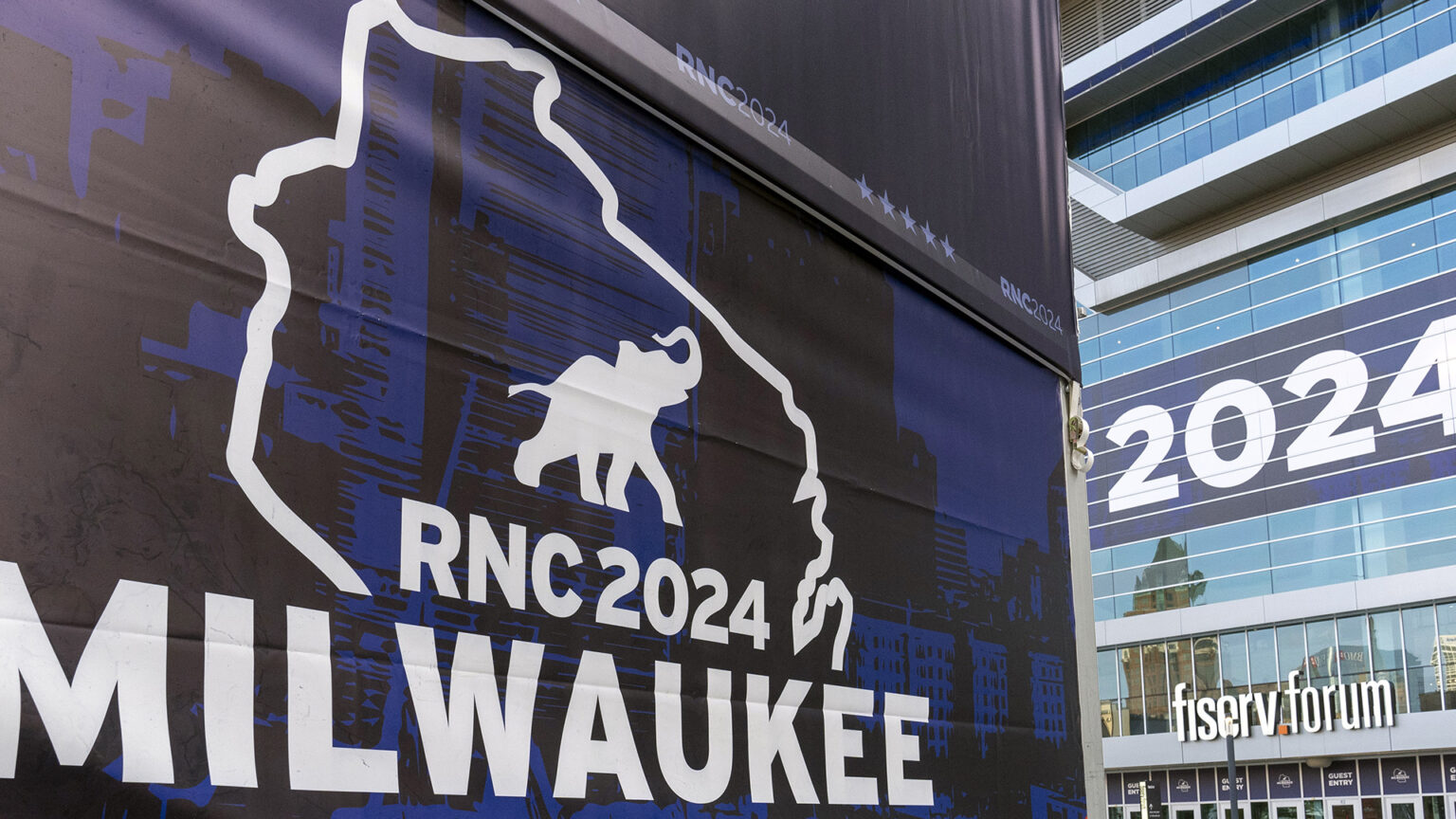
Signs promotes the Republican National Convention at the Fiserv Forum on July 11, 2024, in Milwaukee. The convention ended July 19, and was projected to bring in millions of economic impact dollars to the city. (Credit: AP Photo / Alex Brandon, File)

MILWAUKEE (AP) — Downtown Milwaukee turned red last week as thousands of Republican National Convention delegates and other party stalwarts gathered in Wisconsin’s largest Democratic stronghold to formally rally behind Donald Trump as their candidate for president in the pivotal swing state.
Outside the security zone where the convention took place, residents grumbled, ignored or shrugged their way through the event that served to galvanize the GOP and give Trump momentum.
Milwaukee’s Democratic mayor, Cavalier Johnson, wasted no time in deeming the convention a success even though he will now turn his focus toward making sure Trump loses in November.
“We demonstrated our city’s capacity to host a major and a massive event,” Johnson said July 18. “That’s important to the tens of thousands of visitors, and it’s important to the future of our hospitality industry right here in Milwaukee.”
But tallying up the economic impact on Milwaukee will take months and complaints have been piling up, including over blocked streets and storefronts, disappointing restaurant bookings and the use of out-of-town officers to police the city.
Residents also won’t soon forget that Trump described Milwaukee as “horrible” during a closed-door meeting with congressional Republicans in June, though his defenders later suggested he was referring to crime or election concerns.
“I think there are a lot of people that are very upset by the ‘horrible’ stigma that Trump assigned to the city,” Jill McCurdy, a Democratic retiree, said July 19 as she strolled through Red Arrow Park, where hundreds protested days earlier. “Certainly people who live here, especially those of use who have lived here all our lives, we don’t see it that way.”
McCurdy, 68, said she hopes Republican visitors came away with a positive view of the city, which sits along Lake Michigan about an hour’s drive north of Chicago, where the Democrats will hold their convention in August.
But after talking to friends who own restaurants and were “pretty disappointed” by business during the convention, she said she isn’t confident the city benefitted much from hosting the GOP’s big event.
Democrats must perform well in Milwaukee in order to counter Republican strengths in more rural parts of Wisconsin. Trump narrowly won the state in 2016 before losing it to President Joe Biden four years later by only about 21,000 votes.
Wisconsin is one of only a few true swing states that could go either way in the 2024 election and will determine who wins the White House. Four of the past six presidential elections in Wisconsin have been decided by less than a percentage point.
As Tyler Schmitt, 28, and his partner Ken Ragan, 24, stretched in the long grass on July 17 at a park west of the convention site, they considered the pros and cons of Milwaukee hosting.
Ragan said she could do without the traffic headaches. But Schmitt, an urban farmer, said he sees positives.
“From a small-business perspective, it brings good energy in the tourism and good press,” he said. “It’s pretty much downtown, and I think downtown is appropriate.”
But the downtown location still put law enforcement, including visiting officers from across the country, on Milwaukee streets. On July 16, officers from Columbus, Ohio, shot and killed Samuel Sharpe, a man who had been living in a homeless encampment about a mile from the convention site.
Sharpe had a knife in each hand and moved toward another man, ignoring the commands of police officers before they shot him, authorities said. The shooting remains under investigation.
Sharpe’s sister, Angelique Sharpe, blamed his death on the presence of out-of-state officers.
“I’d rather have the Milwaukee Police Department, who know the people of this community, (than) people who have no ties to your community and don’t care nothing about our extended family members down there,” she said.
At a rally after her brother was killed, Angelique Sharpe said her brother suffered from multiple sclerosis and was acting in self-defense against a person who had threatened him in recent days.
Activists in the city also questioned whether the focus on the convention had minimized more pressing, systemic problems in Milwaukee.
Hours before Trump took the convention stage on July 19 to deliver his speech to delegates, dozens of protesters held a rally a block from the convention site to call attention to the deaths of Sharpe and another Black man, D’Vontaye Mitchell, who died in June after he was pinned down by security guards at a nearby hotel.
“They come here and make money off our city. But when we’re hurt and we need them, they’re not there,” said Karl Harris, Mitchell’s cousin.
Associated Press writers Scott Bauer and Todd Richmond in Madison, Wisconsin, and Jake Offenhartz in Milwaukee contributed.
 Passport
Passport




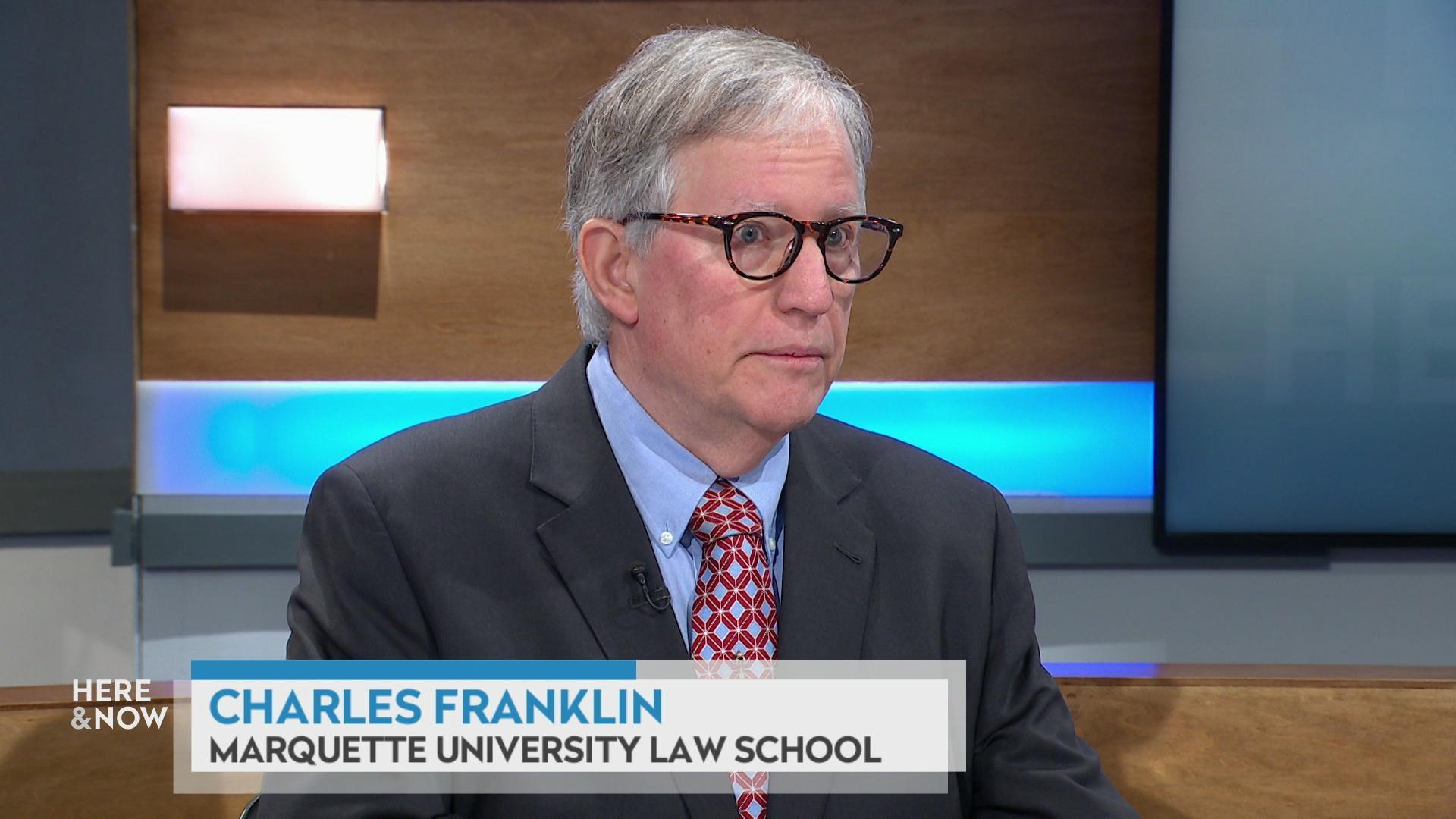
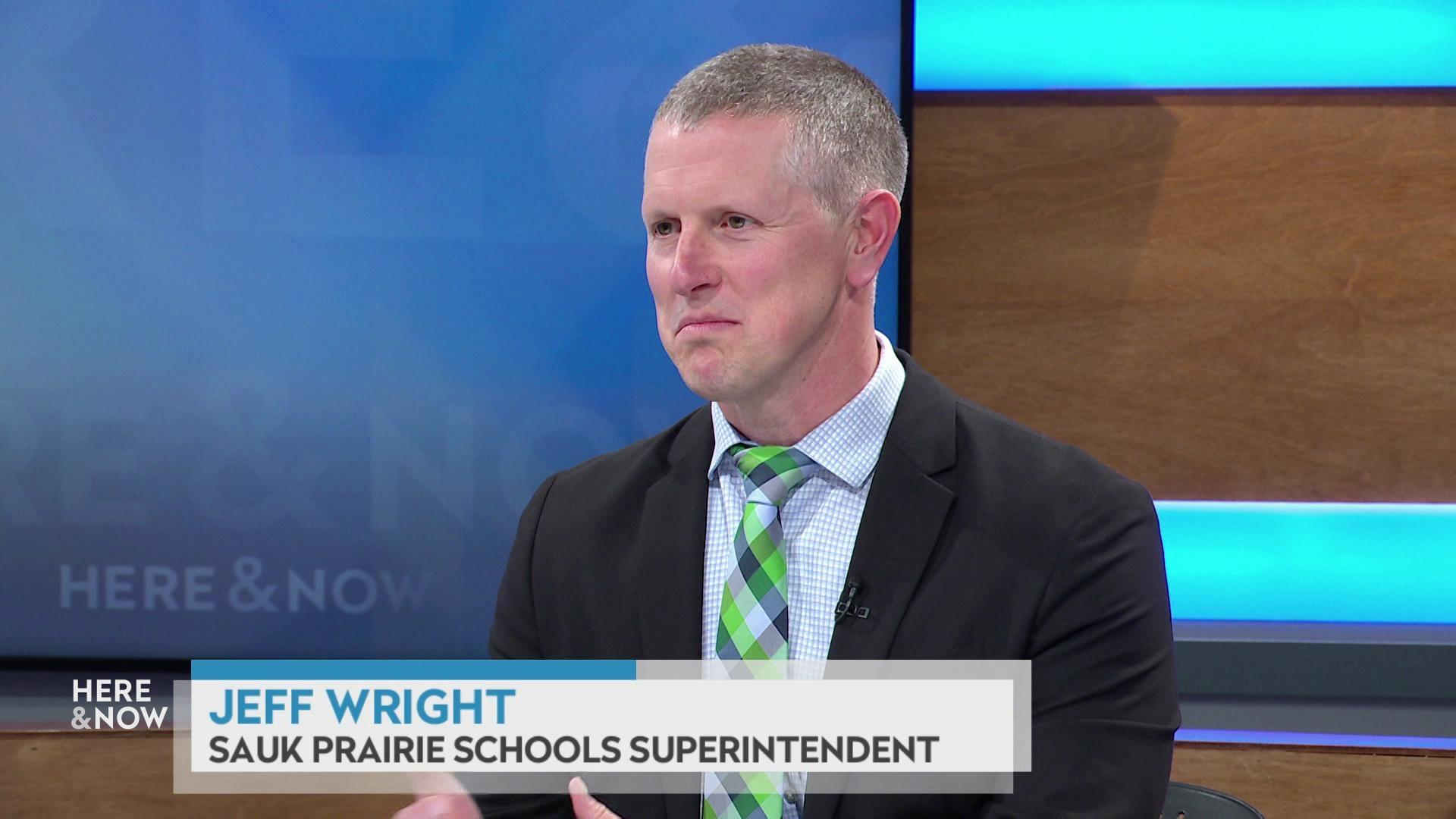
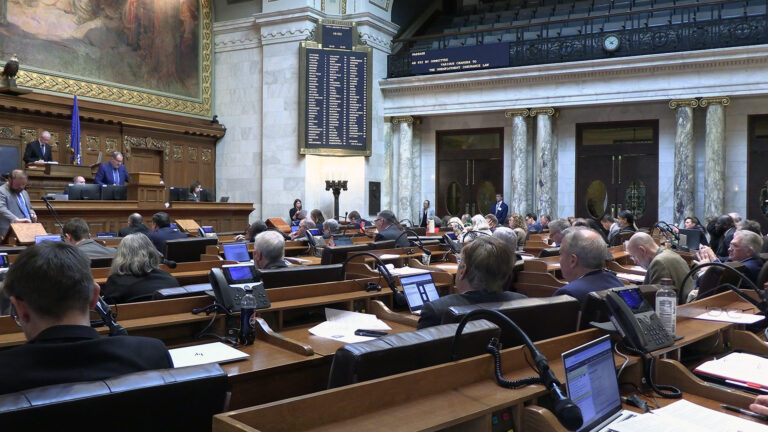

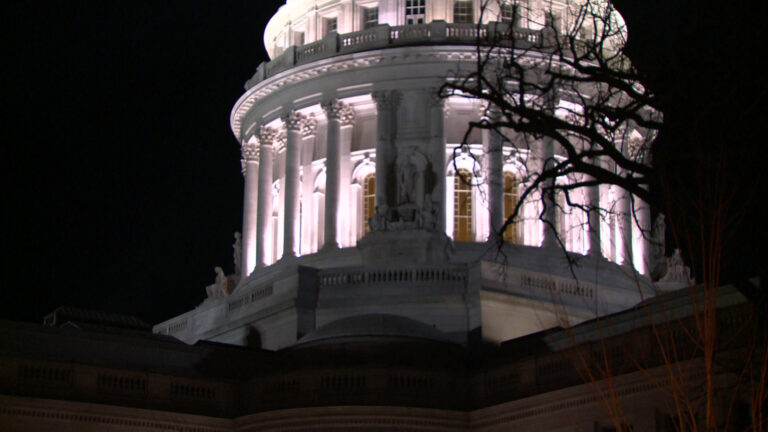
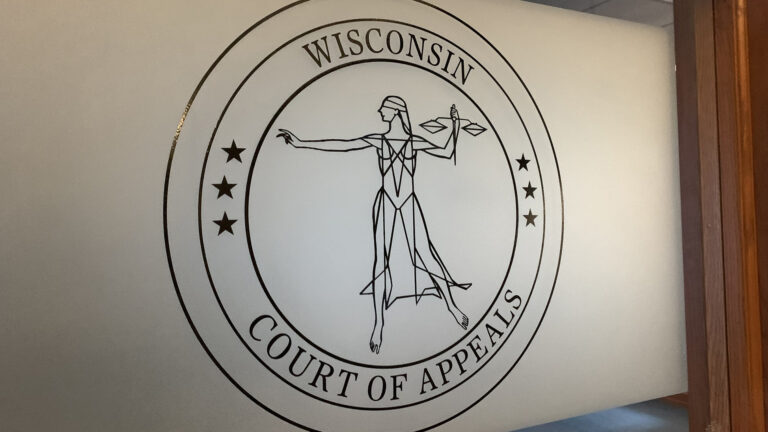

Follow Us